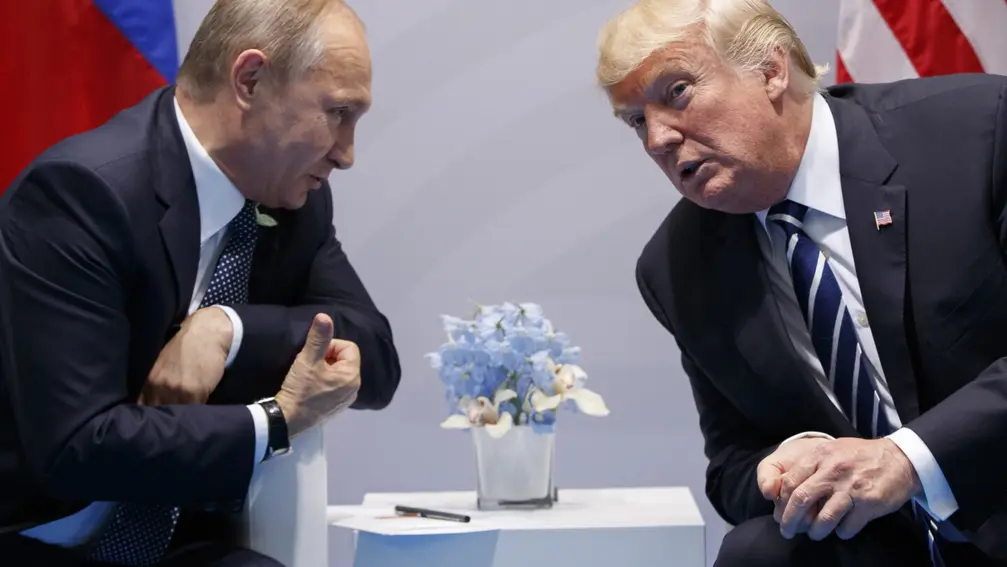T4K3.news
Trump Putin Past Meetings Shape Alaska Summit
An editorial look at how past meetings between Trump and Putin inform the Alaska talks this Friday.
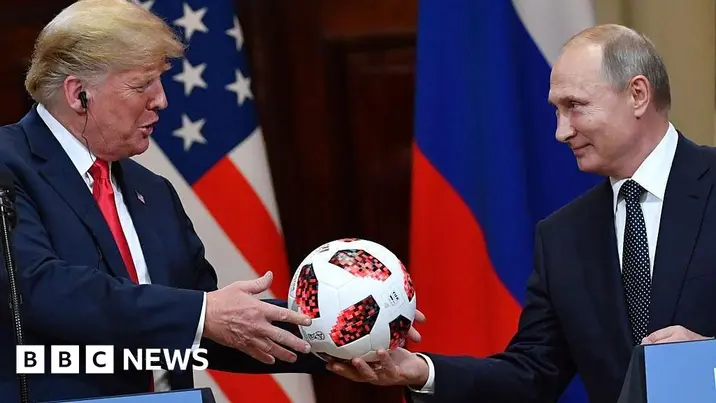
An editorial look at how past meetings between Trump and Putin inform the Alaska talks this Friday.
Trump Putin Past Meetings Shape Alaska Summit
Trump and Putin first met in July 2017 at a G20 summit in Germany. In front of cameras they exchanged a warm greeting and a businesslike handshake that set a measured tone for the years that followed. Their later encounters in Vietnam, Helsinki and Japan showed a mix of guarded civility and strategic leverage, with Putin using long, decisive monologues shaping the pace of discussion. As the war in Ukraine enters its fourth year, Trump presents himself as a potential peacemaker while warning of severe consequences if Moscow does not cooperate.
The Alaska meeting will test whether a personal rapport can translate into concrete steps or simply raise expectations. Interpreters and timing will matter as much as the words spoken, and observers warn that both leaders may use private talks to test boundaries rather than commit to a durable agreement. Trump envoy Steve Witkoff is cited in some reports as relying on Kremlin translators in earlier talks. Trump has signaled a softer tone at times, while Putin has shown patience in maintaining control of the agenda. The outcome may hinge less on dramatic disclosures than on subtle shifts in posture and perceived sincerity.
Key Takeaways
"Power governs every meeting and you rarely know the agenda"
Editorial note on the leverage of personal dynamics in diplomacy
"Translation can turn a handshake into a hidden message"
Highlight of how language can alter understanding in talks
"A peacemaker label hides pressure to deliver"
Comment on the burden carried by leaders pursuing ceasefire
"Trust is fragile and easily broken by misreading signals"
Observation on the fragility of diplomacy
History shows these talks hinge on personal rapport as much as policy. Putin operates with a calm, controlled pace that can dominate a room, while Trump can be both blunt and improvisational. That mix can create momentum or misreadings, depending on how much comes from tone versus terms on paper.
In Alaska, the risk is clear: a promise without a plan can fuel disappointment back home and invite new criticisms abroad. A real shift would require credible steps that survive political pressure from both sides and from factions at home. The talk may not produce a breakthrough, but it could set a frame for future negotiations if there is credible follow through.
Highlights
- Power in the room is the real currency
- Translation can turn a handshake into a hidden message
- A peacemaker label hides pressure to deliver
- Expectations ride on tone more than on promises
Political sensitivity ahead of Alaska summit
The Alaska meeting is a high risk moment in diplomacy. Any misstep or overpromising could trigger domestic backlash or international criticism.
Diplomacy is a test of timing as much as will.
Enjoyed this? Let your friends know!
Related News
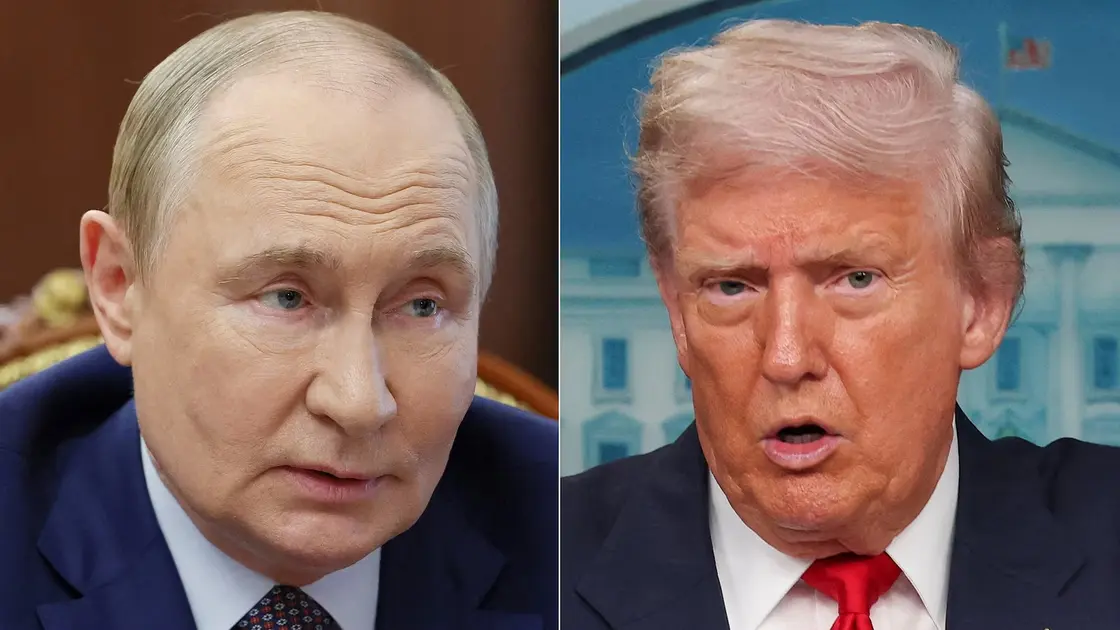
Alaska Summit Tests US Russia Ties
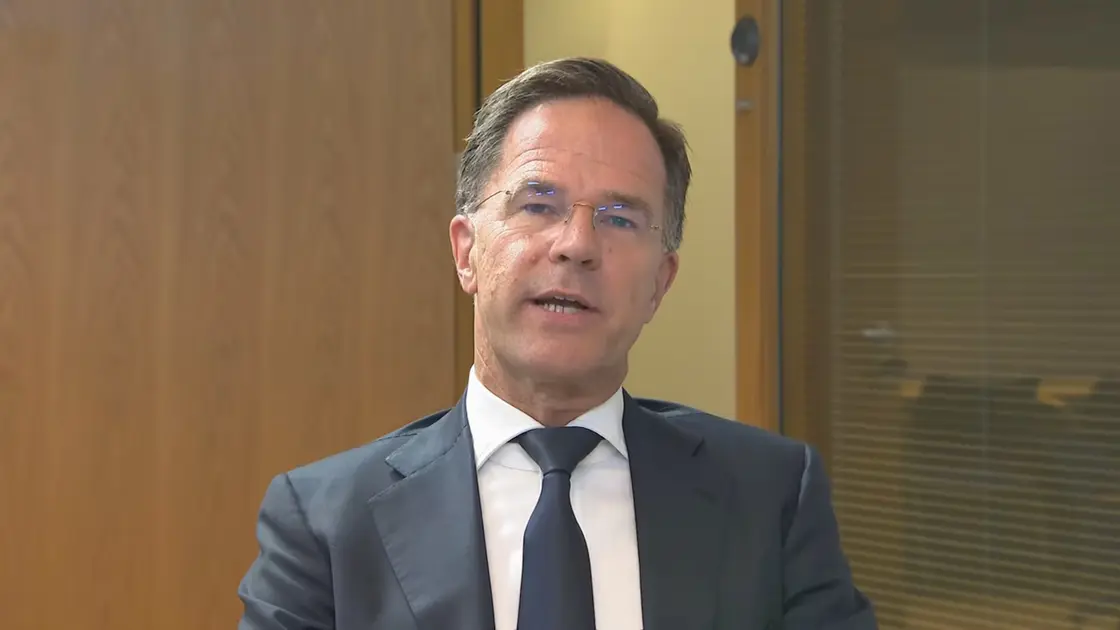
Rutte frames Trump Putin talks as Putin test

Putin Trump summit backdrop
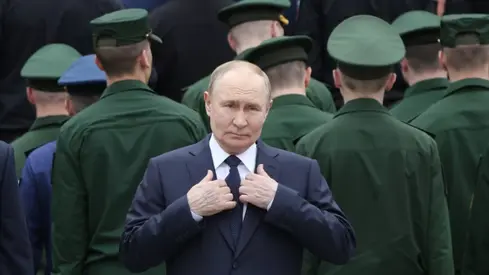
Putin and Trump meet in Alaska
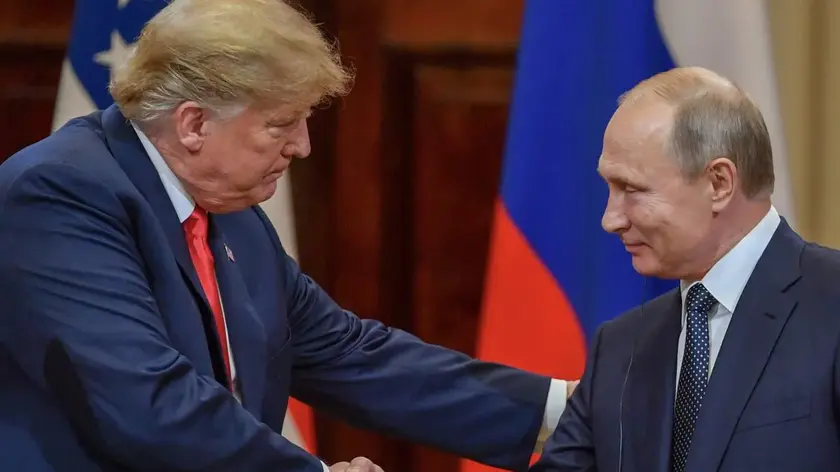
Putin Trump Alaska Summit
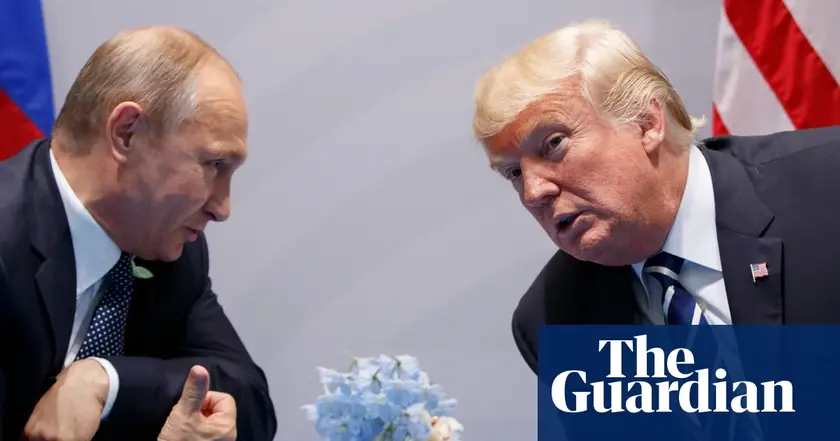
Trump Putin Alaska summit stirs Ukraine worries

Trump to test Putin in Alaska on Ukraine end
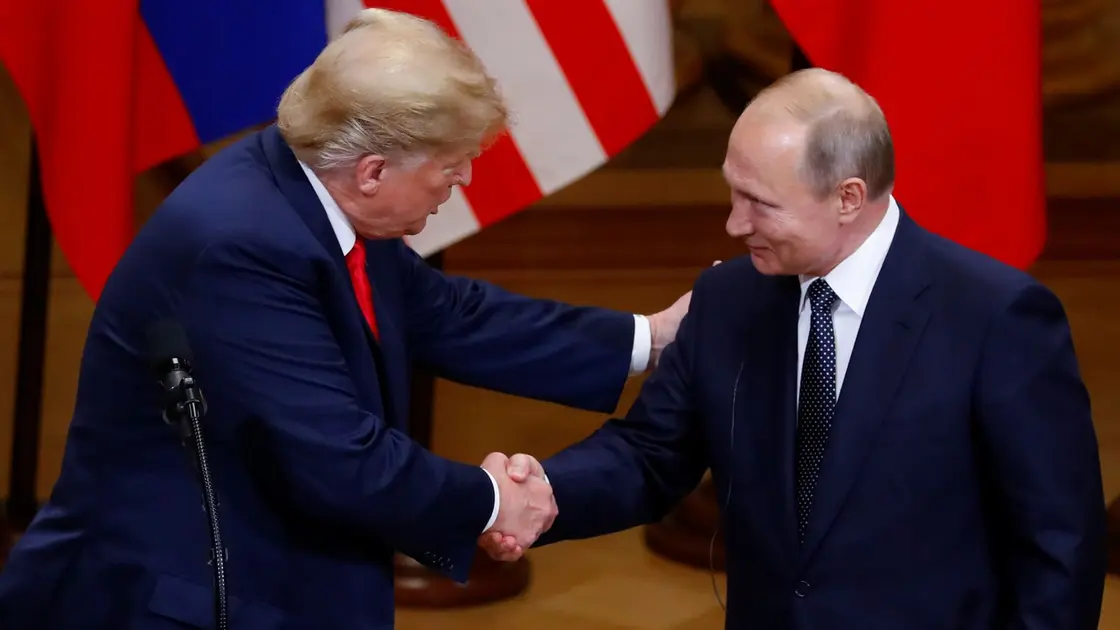
Trump Putin Alaska talks prompt scrutiny of alliance stance
